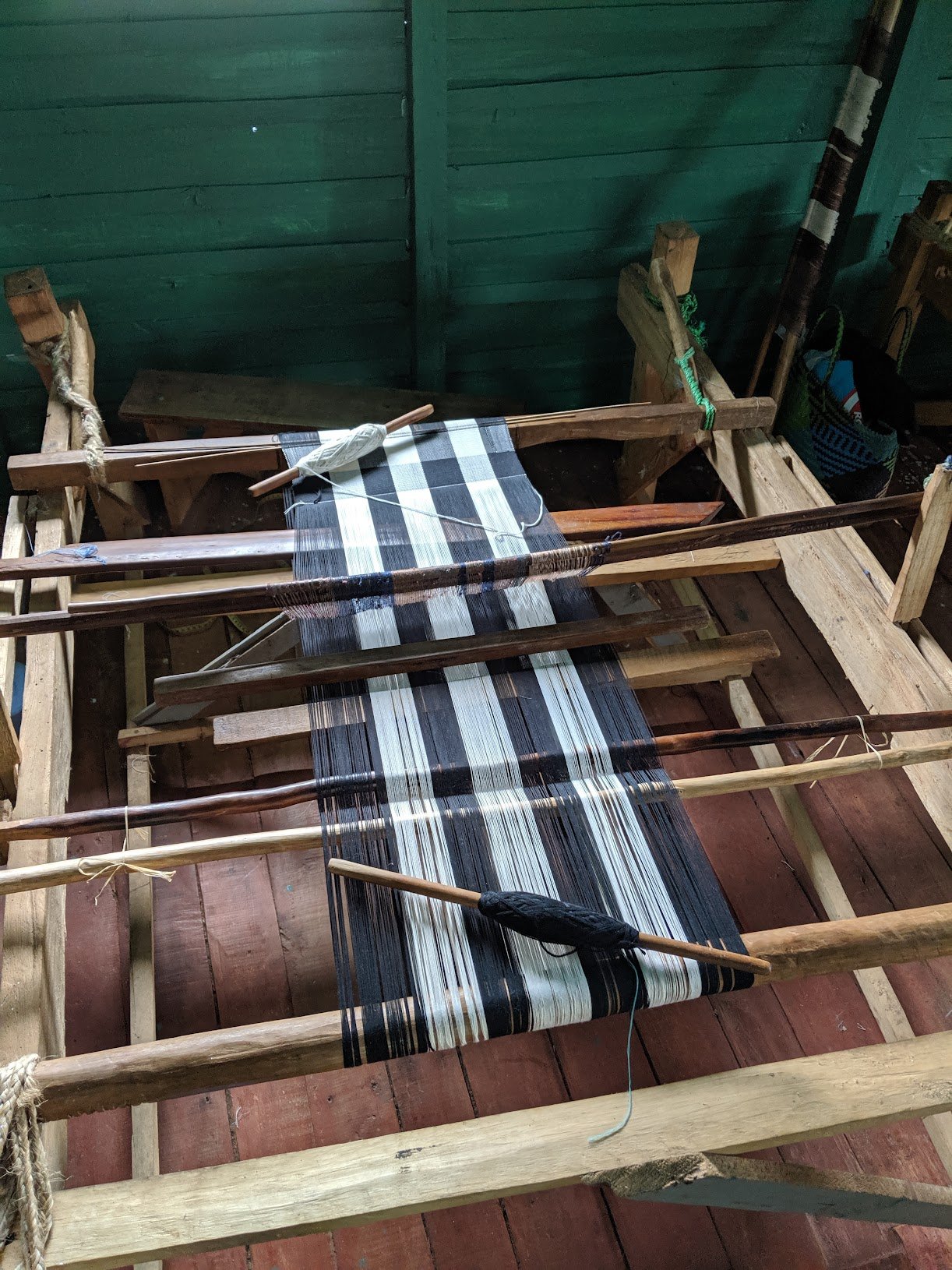The Willingness to Pay a Premium for a Garment Made With A Living Wage
A scarf made using a manual loom in Madagascar (taken well before I started this project)
For the last year, I have been researching the sustainability of the global fashion and apparel industry. With an emphasis on the environmental and social impacts borne by those at the start of the supply chain, the literature review of this paper serves as a dismal review of the current state of the industry. Environmental hazards and poor working conditions are commonly found throughout brands’ supply chains and are discussed within, alongside recent reform efforts.
This paper aims to make a contribution in the form of a consumer study (n=98) carried out in the Summer of 2023. Among the key findings:
On average, consumers are willing to pay 19% more for a garment made with a living wage paid to the garment workers who made it. This premium is well above what is needed to provide a living wage to garment workers.
Currently, only 3% of a garment’s price goes towards workers remuneration. The end product price increase (as a percent) for a living wage is regularly estimated by those studying this space (advocacy groups, consulting firms) in the single digits.
Consumers asked to consider a garment with a living wage for purchase reported being willing to pay higher amounts than the control group. The experimental group also indicated a greater tolerance for higher prices.
Furthermore, these results are statistically significant (using a=0.05).
This thesis, linked below as a public Google Doc, was submitted in fulfillment of the requirements for my master’s degrees.
https://docs.google.com/document/d/1U7sDfYAP_hHGPRooBDh1ptyRLAN3j0jQVLmtdkfXSBg/edit?usp=sharing
While there are many issues present in the garment and fashion industry, consumers do have some power. The most impactful actions:
Reduce the overconsumption of clothing by buying far fewer articles of clothing and researching what you do purchase in depth.
Use what you have longer and repair it when needed.
Look into the companies you buy clothes from, demand greater transparency, and push them to pay their workers more.
Don’t get discouraged. The more vocal we are, the faster the response.
